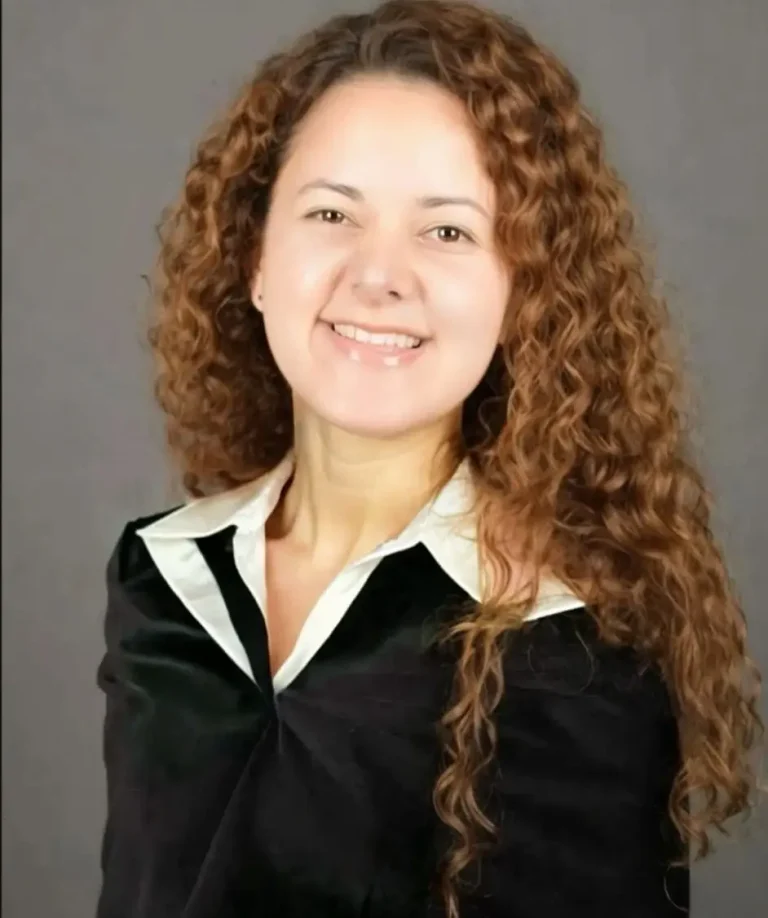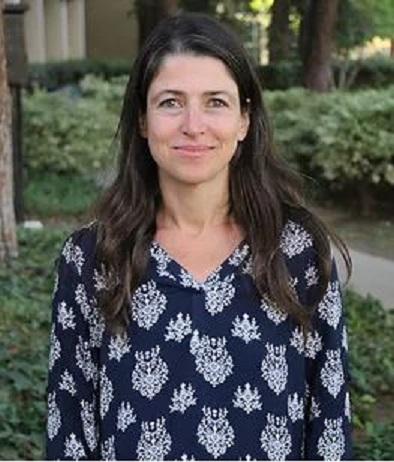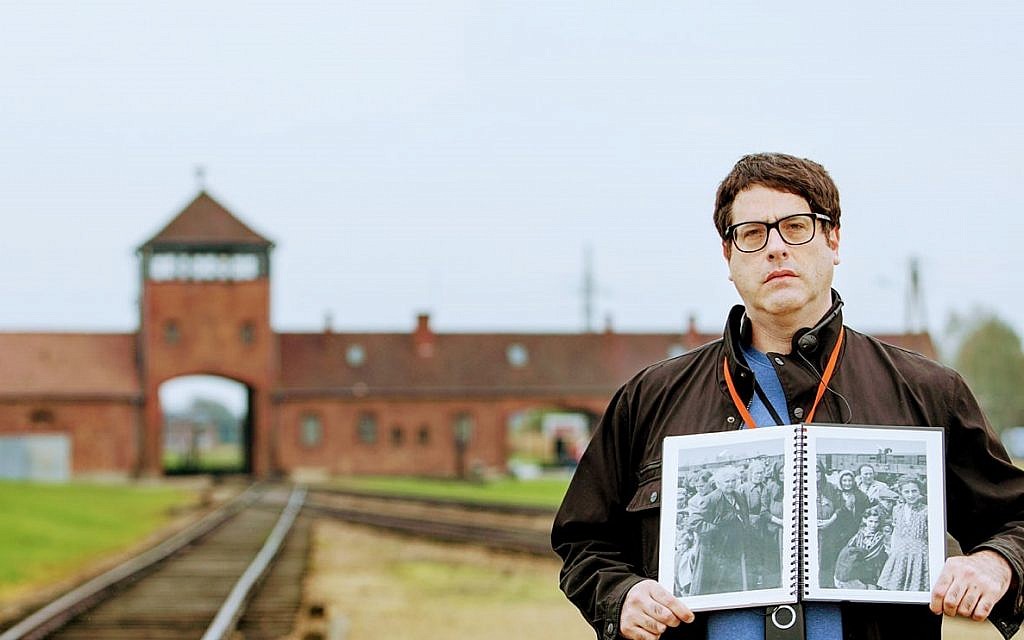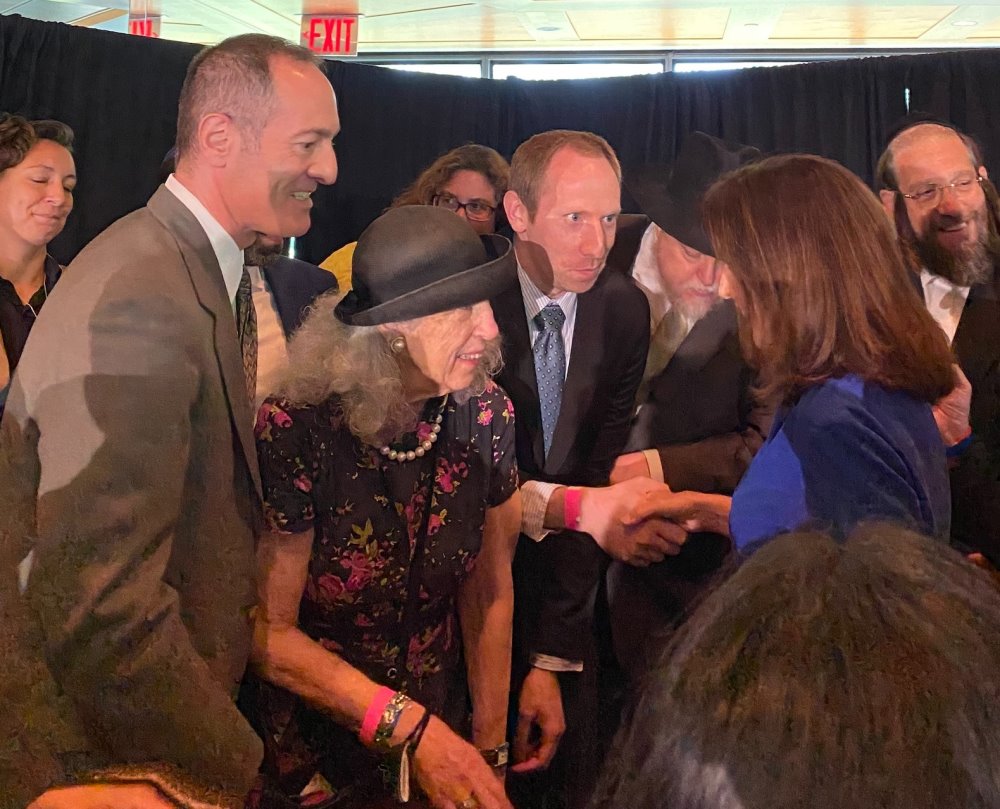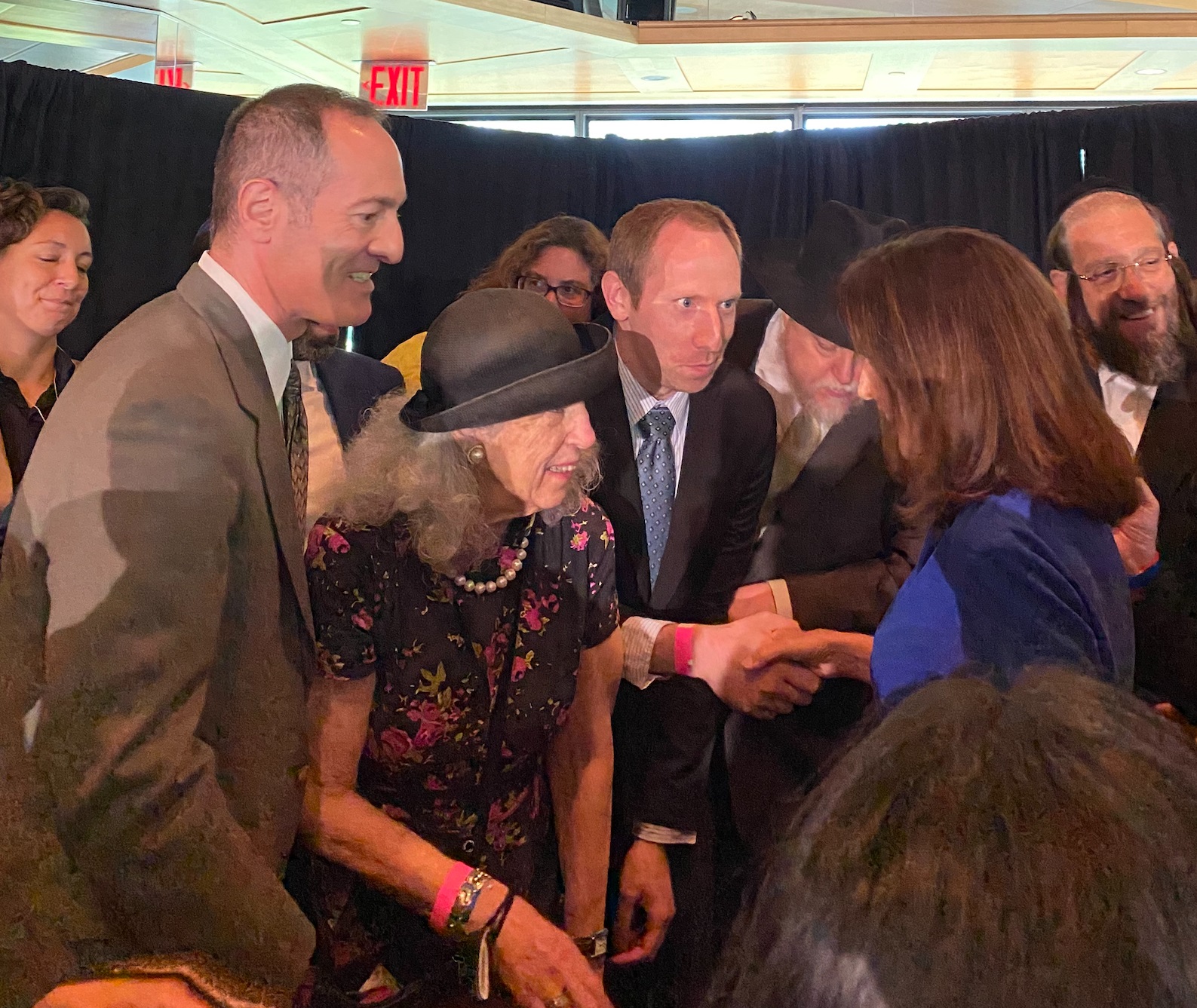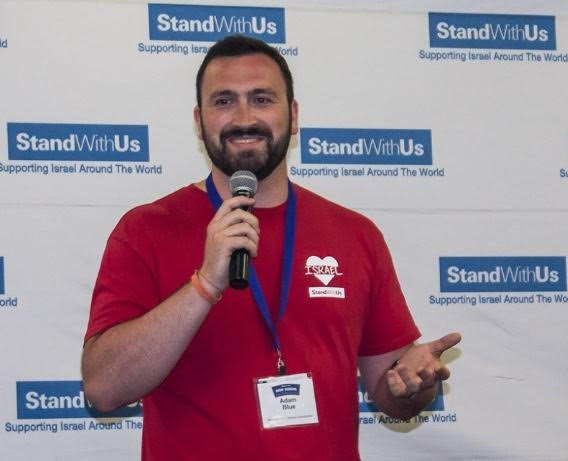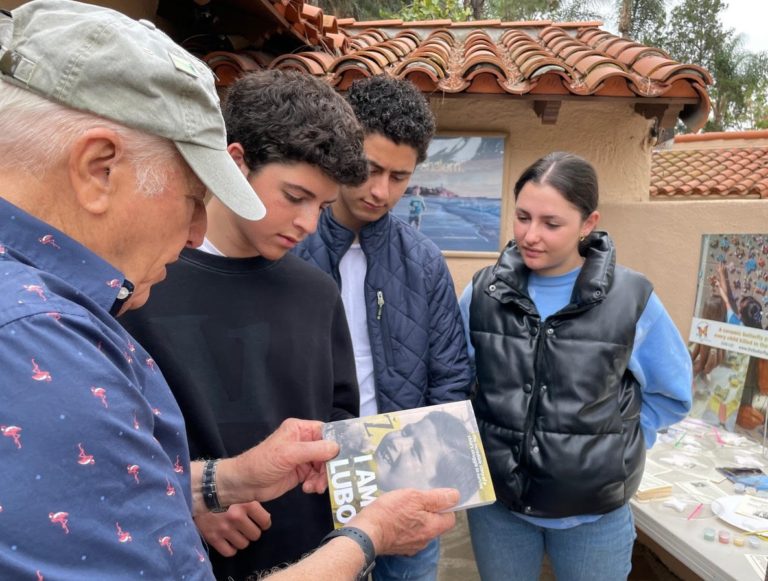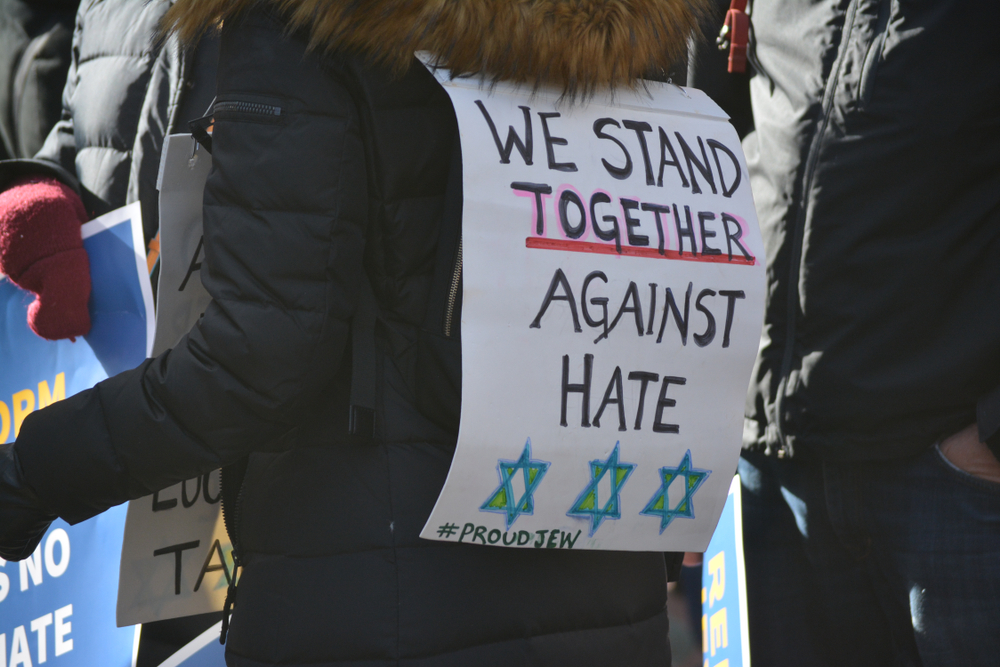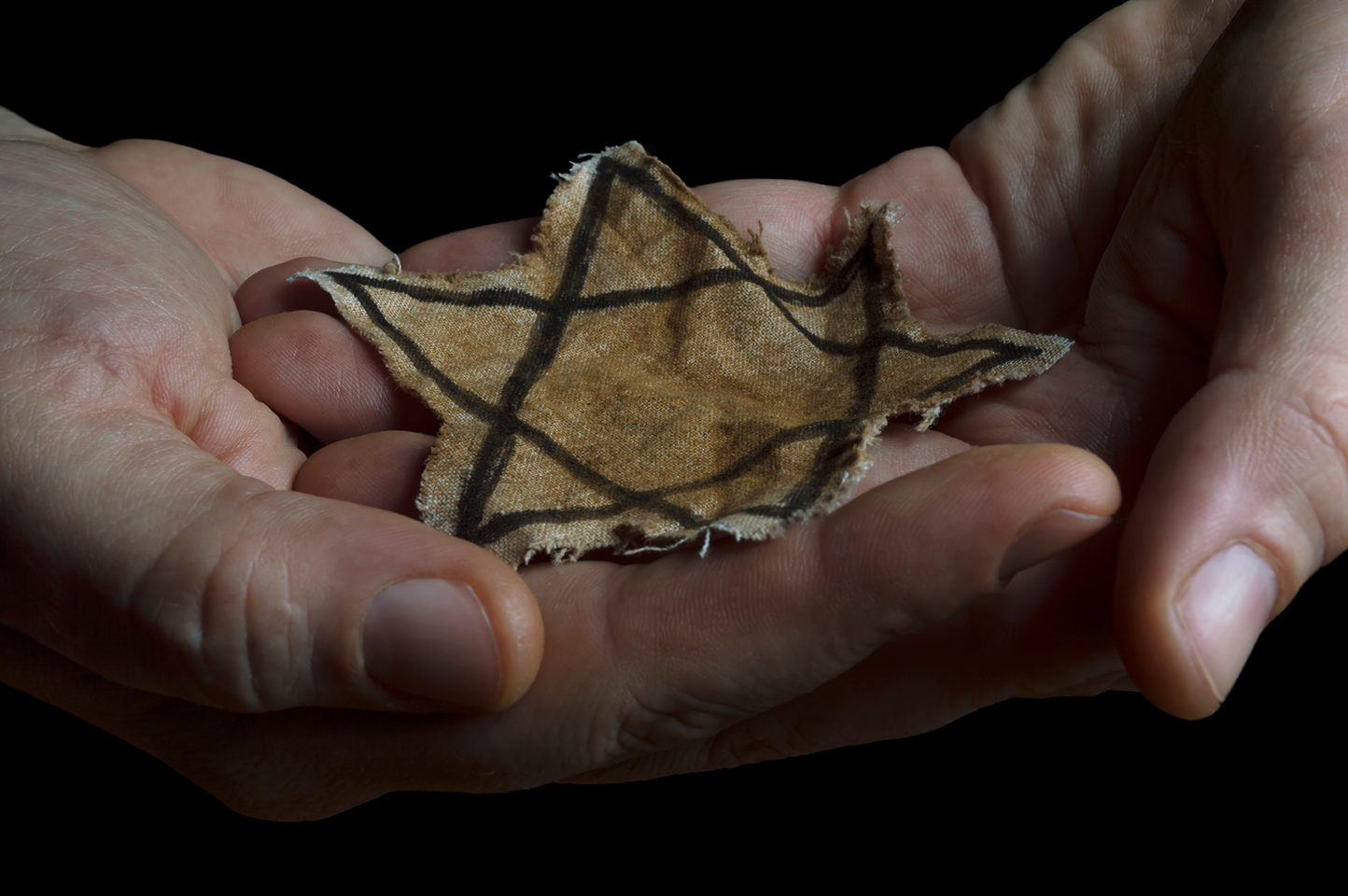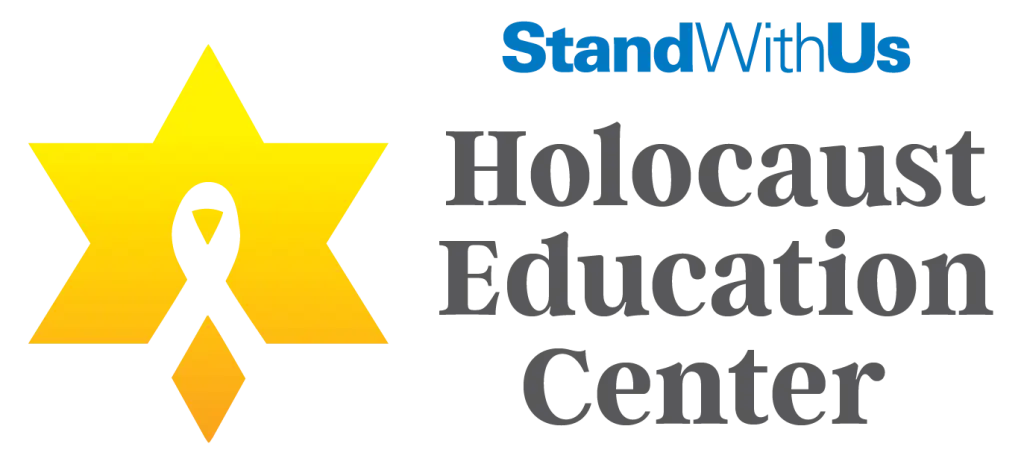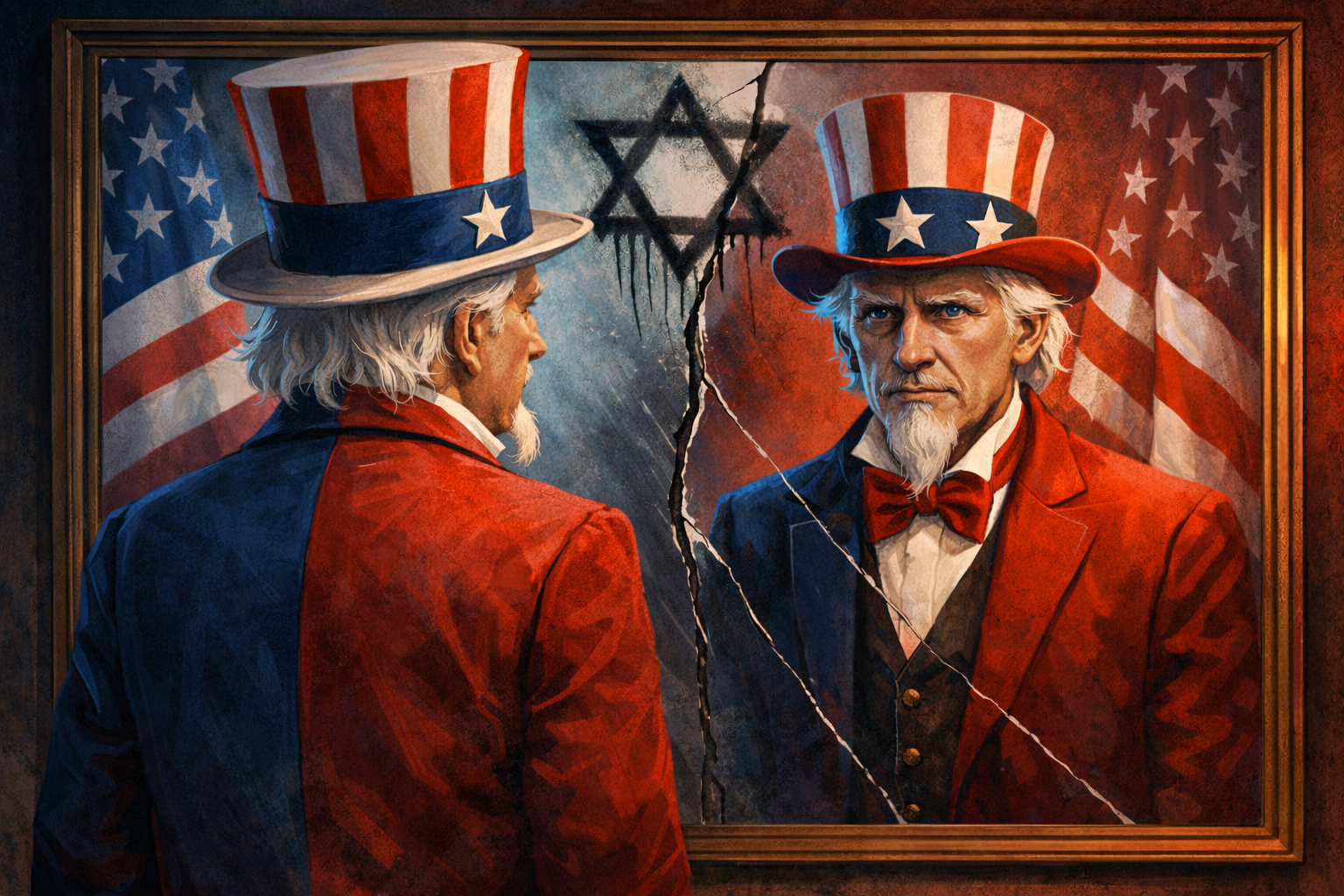ABOUT
The StandWithUs Holocaust Education Center (HEC), headquartered in Los Angeles, brings interactive Holocaust education programs, films and curriculum to schools and communities across North America, through in-person and virtual platforms. The center’s custom-made, interdisciplinary programs are meant to proactively educate students about the Holocaust and also respond to instances of antisemitism experienced by students at specific schools or communities. The HEC works affirmatively to address the widespread deficiencies in information about the Holocaust, and also to counter the antisemitism connected with Holocaust denial and distortion.
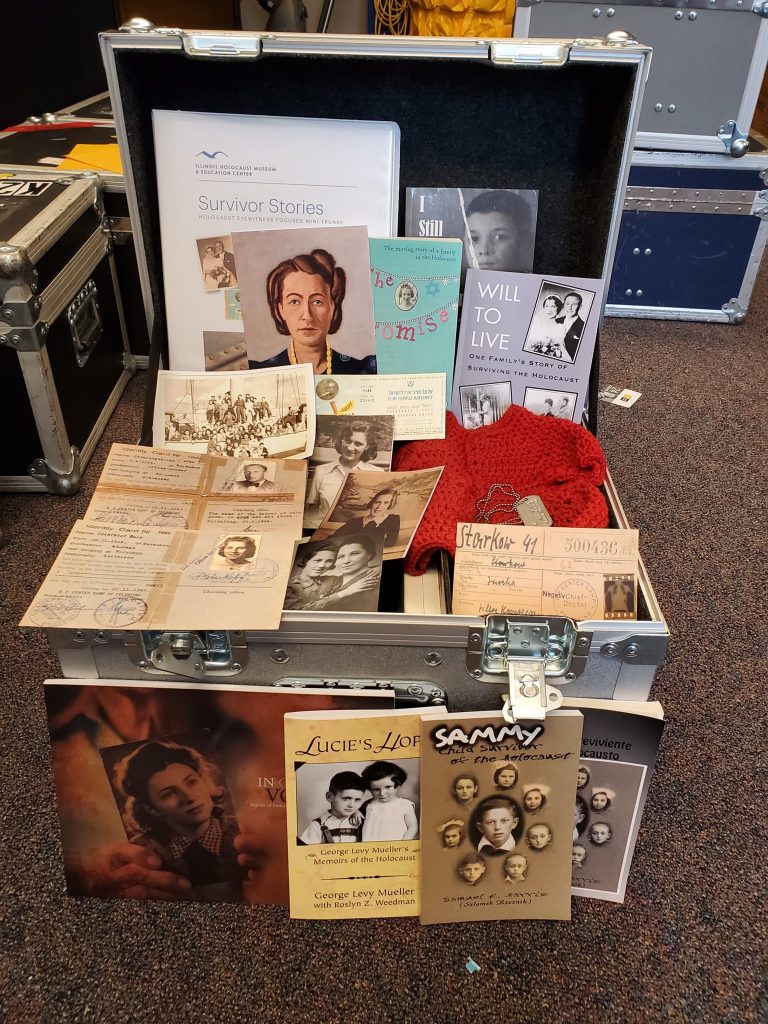
WHAT WE DO
We offer a wide range of interactive presentation options to engage students of diverse backgrounds and interests, including learning through classic PowerPoint, online and/or in-person presentations through photography, psychology, film, and/or art.
Each year the StandWithUs Holocaust Education Center (HEC) curates a diverse array of free seminars that can be customized for middle or high schools, colleges, and other groups.
WINTER 2026 PROGRAM: SPREAD THE LIGHT
The StandWithUs Holocaust Education Center believes that empathy must be at the core of all efforts to perpetuate the memory of the genocide. Our unique E.M.P.A.T.H.Y. approach explains some of the methods we deploy:
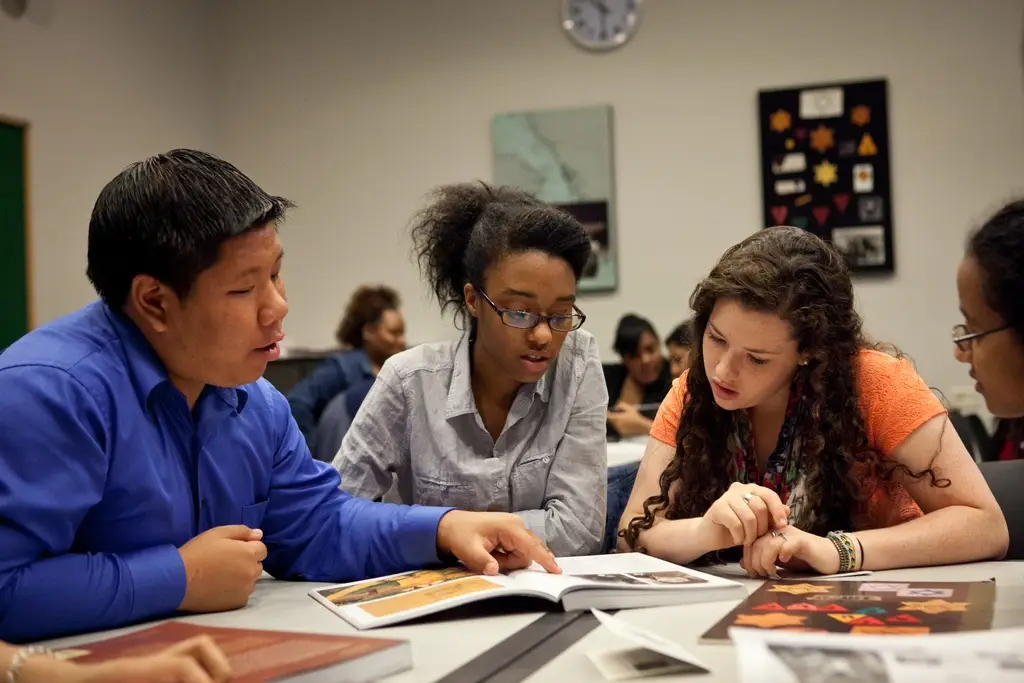
Educate
Educate students to be upstanders when they see antisemitism or bigotry of any kind.
Modernize
Modernize Holocaust education for a future without eye-witnesses.
Prepare
Prepare activists who can identify potential massacres, or even genocides, before they take place.
Analyze
Analyze the complexity of the Holocaust by exploring the range of experiences of Jews—and others—across Europe.
Transform
Transform students’ understanding of antisemitism by contextualizing the Holocaust within Jewish and global history.
Holistically
Holistically offer more entry points into Shoah memory, including interdisciplinary approaches.
Youth-centered
Youth-centered primary sources such as diaries, artwork, film, etc. that can help students empathize with victims, both then and now.
MEET THE TEAM

